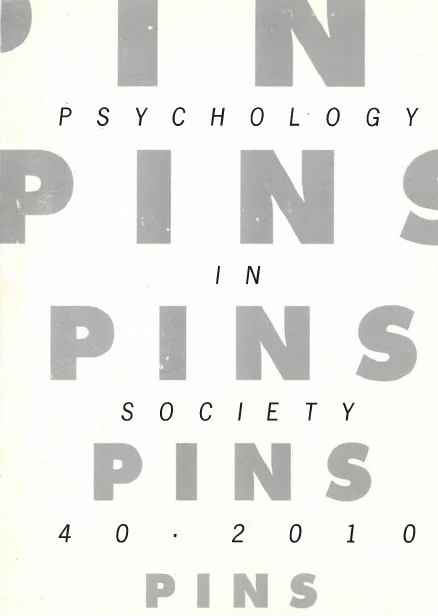PAEDOPHILE AS APARTHEID EVENT: GENEALOGICAL LESSONS FOR WORKING WITH THE APARTHEID ARCHIVE
DOI:
https://doi.org/10.17159//2309-8708/2010/n40a5Keywords:
Apartheid Archive Project, Foucault, genealogy, paedophile, South AfricaAbstract
The narratives that constitute the beginnings of an apartheid archive do well to illustrate the value of collecting, centralising and analysing everyday accounts of
apartheid’s subjects. Developing an archive of narratives that give voice to the quotidian experiences of apartheid is a valuable historical strategy. This approach
may be usefully mobilised to offset some of the totalising effects of conventional history writing. Notwithstanding this value, an unreflective turn to narrative as a
means to reading the socio-historical and political contours of apartheid, risks reducing critique to a symbolic exercise that centres subjectivity and subject
positions as the key analytic targets. Such readings may shift the analysis away from the various levels of materiality and power of which these subject positions are both instruments and effects. In an attempt to demonstrate the way that Foucault’s genealogical maxims may be used to counter the danger of centring the subject in history writing, we present some of the key analytic strategies undertaken in a previous study that produced an effective history of the South African paedophile. In so doing, we argue for a re-scoping of the apartheid archive project to include materials required for undertaking histories of the present. This extension would challenge many of the methodological and political constraints implied by limiting the archive to a corpus of memory narratives.
Downloads
Downloads
Published
How to Cite
Issue
Section
License
This journal is an open access journal, and the authors' and journal should be properly acknowledged, when works are cited.
Authors may use the publishers version for teaching purposes, in books, theses, dissertations, conferences and conference papers.
A copy of the authors’ publishers version may also be hosted on the following websites:
- Non-commercial personal homepage or blog.
- Institutional webpage.
- Authors Institutional Repository.
The following notice should accompany such a posting on the website: “This is an electronic version of an article published in PINS, Volume XXX, number XXX, pages XXX–XXX”, DOI. Authors should also supply a hyperlink to the original paper or indicate where the original paper (http://www.journals.ac.za/index.php/pins) may be found.
Authors publishers version, affiliated with the Stellenbosch University will be automatically deposited in the University’s’ Institutional Repository SUNScholar.
Articles as a whole, may not be re-published with another journal.
The copyright of the article(s) lies with the author(s).
The copyright of the journal lies with PINS-psychology in Society.
The following license applies:
Attribution CC BY-NC-ND 4.0 - https://creativecommons.org/licenses/by-nc-nd/4.0/

